Four Anthropology Graduate Students Awarded 2023-2024 LAII Fellowships
Departmental News
Posted: Apr 05, 2023 - 12:00pm
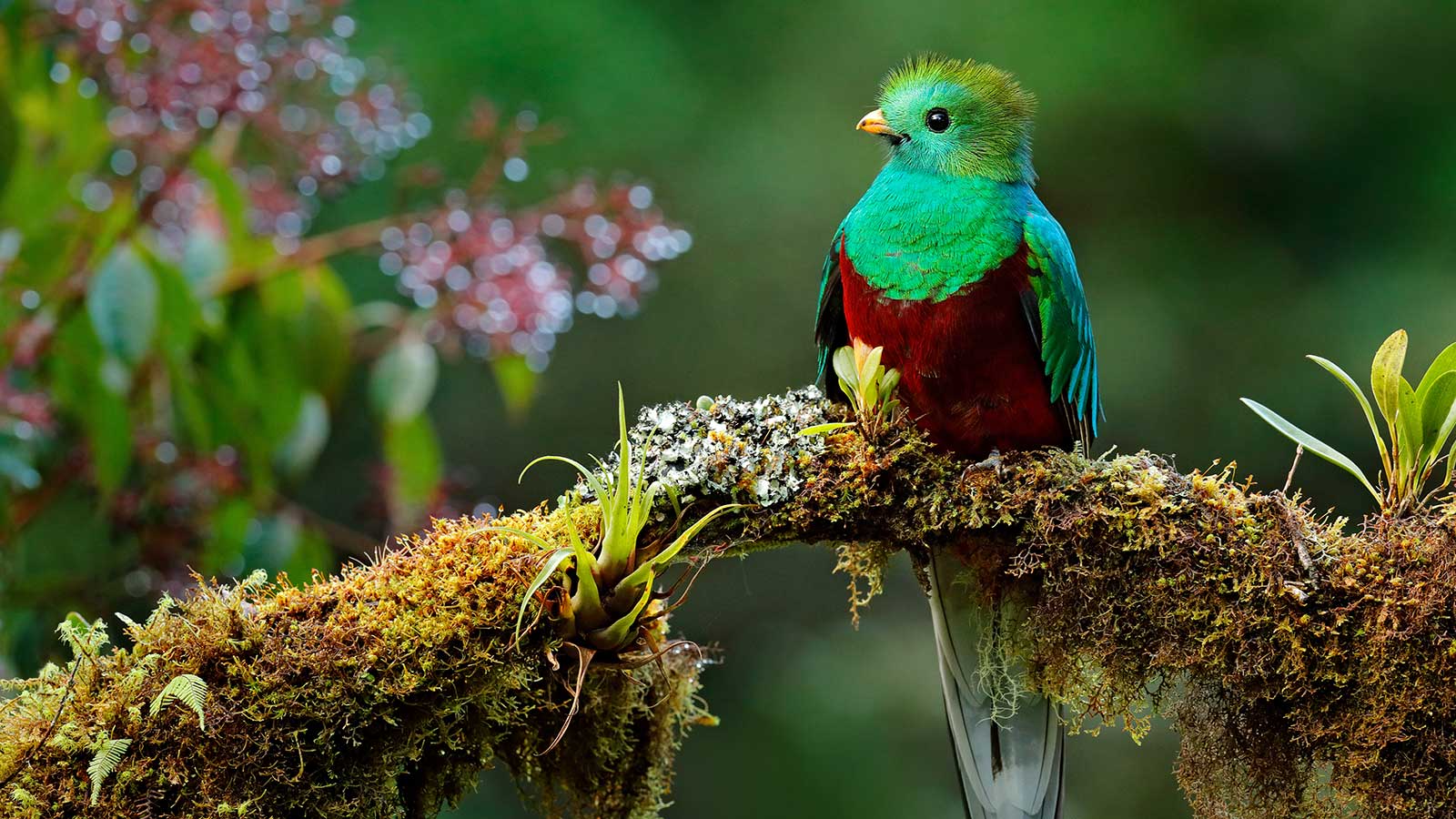
Josué Aciego (Ethnology), Valerio Di Fonzo (Ethnology), Beau Murphy (Archaeology), and Laura Steele (Archaeology) have been awarded fellowships from the UNM Latin American and Iberian Institute (LAII) for the 2023-2024 Academic Year.
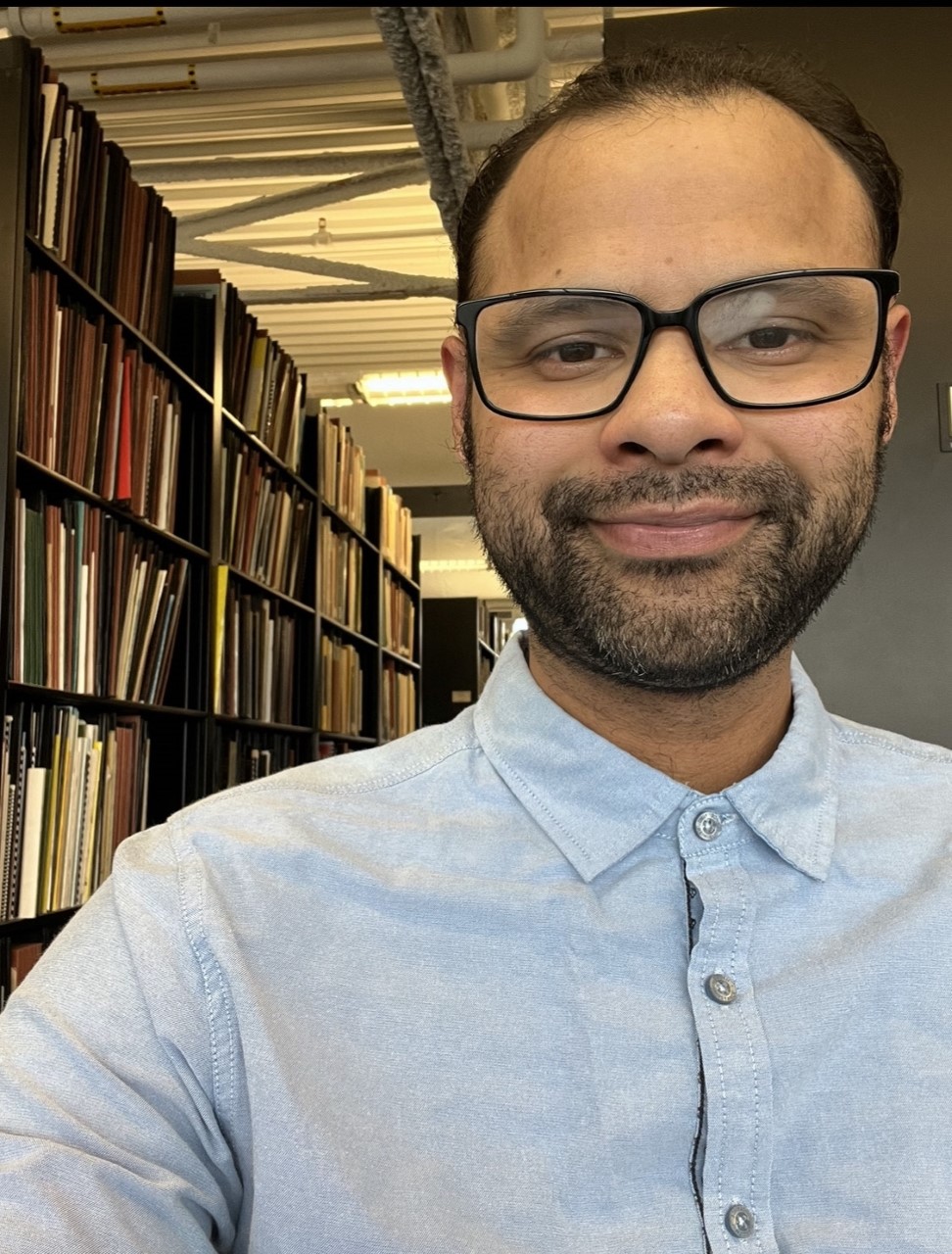 Josué Aciego's dissertation research re-examines and re-analyzes the 1932 Insurrection, referred to in El Salvador as La Matanza (the Massacre), the iconic genocidal episode in Salvadoran history, which in scholarly literature has been considered to signify the closure of indigenous community and identity in El Salvador. Cultural Anthropological inquiry, ethnography, and analysis have been lacking from recent examinations of the legacies of 1932, which changed the course of Salvadoran history and profoundly contextualized the civil war in that country in the 1980s and ‘90s; this lacuna is directly addressed by Mr. Aciego’s planned dissertation research. His research is located in the mountainous region of Western El Salvador and is based upon long-term participation in the daily activities of farming, fishing, and participation in agricultural cooperatives which Mr. Aciego argues form the foundations of indigenous identity in contemporary rural communities. In his ongoing research trajectory, on the basis of local categories, his methods privilege Salvadoran discourses, and collaborative co-theorizing with people “in the field.”
Josué Aciego's dissertation research re-examines and re-analyzes the 1932 Insurrection, referred to in El Salvador as La Matanza (the Massacre), the iconic genocidal episode in Salvadoran history, which in scholarly literature has been considered to signify the closure of indigenous community and identity in El Salvador. Cultural Anthropological inquiry, ethnography, and analysis have been lacking from recent examinations of the legacies of 1932, which changed the course of Salvadoran history and profoundly contextualized the civil war in that country in the 1980s and ‘90s; this lacuna is directly addressed by Mr. Aciego’s planned dissertation research. His research is located in the mountainous region of Western El Salvador and is based upon long-term participation in the daily activities of farming, fishing, and participation in agricultural cooperatives which Mr. Aciego argues form the foundations of indigenous identity in contemporary rural communities. In his ongoing research trajectory, on the basis of local categories, his methods privilege Salvadoran discourses, and collaborative co-theorizing with people “in the field.”
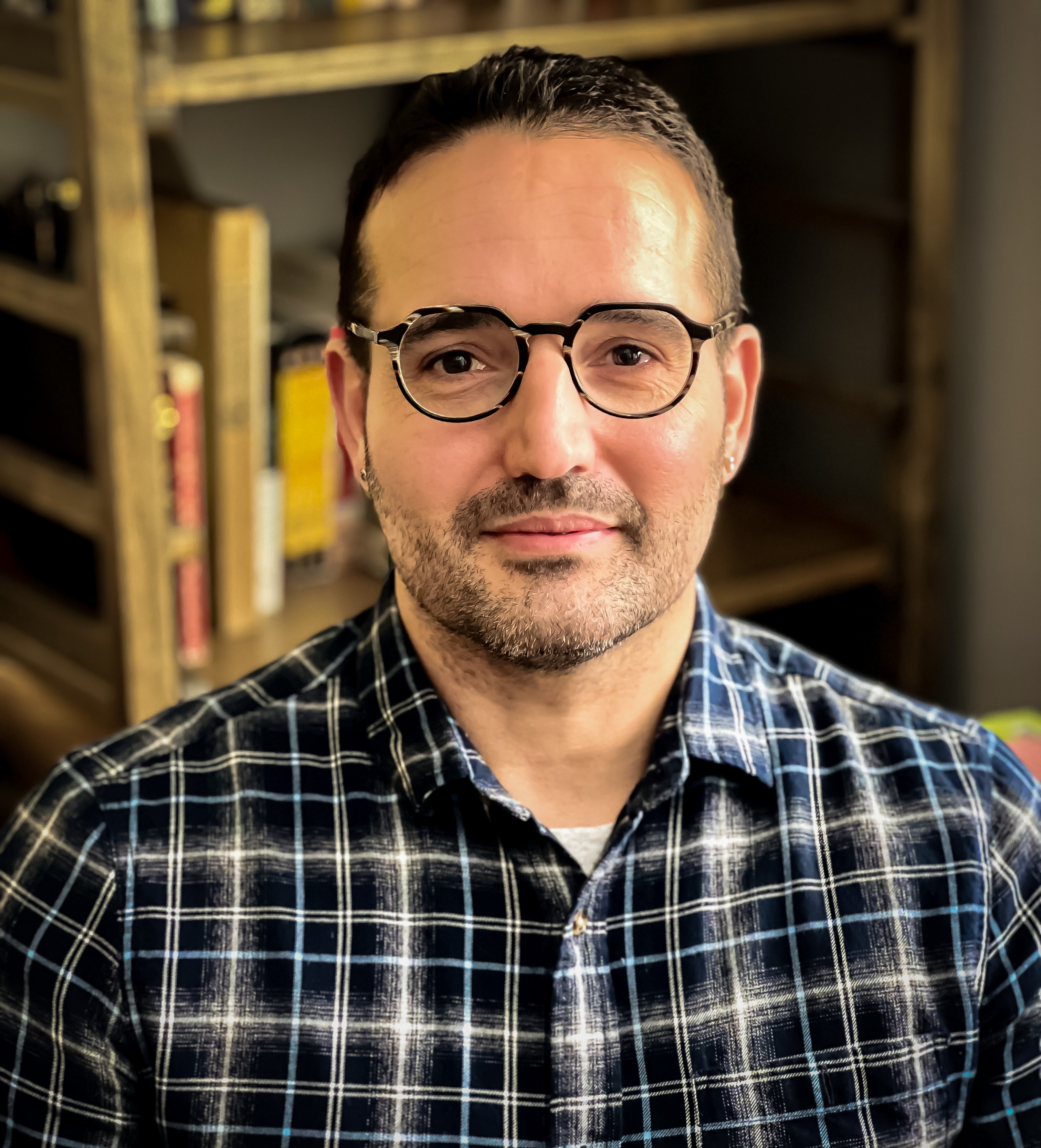 Valerio Di Fonzo’s dissertation research focuses on “ecotheology,” a movement within the Catholic Church, to explicitly guide human relations with nature in an ethical manner, a philosophy that is understood within the Church to have been inspired by Amazonian peoples’ relations with the natural world. He is interested in how this new ecological ethics is put into practice in lowland Peru. How within the Church is it taken on by clergy who were trained in other pastoral paradigms; how is it taught by them to lay people (indigenous and non-indigenous); and how do these people in turn accept, reject, or reshape some aspects of this philosophy? To what extent does this new ecological ethics resonate with
Valerio Di Fonzo’s dissertation research focuses on “ecotheology,” a movement within the Catholic Church, to explicitly guide human relations with nature in an ethical manner, a philosophy that is understood within the Church to have been inspired by Amazonian peoples’ relations with the natural world. He is interested in how this new ecological ethics is put into practice in lowland Peru. How within the Church is it taken on by clergy who were trained in other pastoral paradigms; how is it taught by them to lay people (indigenous and non-indigenous); and how do these people in turn accept, reject, or reshape some aspects of this philosophy? To what extent does this new ecological ethics resonate with
indigenous ideas in Awajún communities in Jaen? In his first six months of fieldwork, he has been interviewing people involved in Catholic agricultural projects and in 11 Awajún communities.
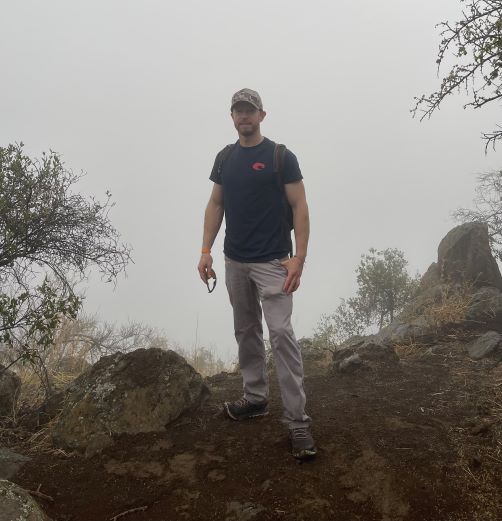 Beau Murphy is studying the complex relationship between the Inka Empire and the people they conquered as seen through the appropriation and architectural reorganization of a well-preserved local settlement (Turi) in the Atacama Desert of Chile. He received an an NSF Doctoral Dissertation grant in 2022 and spent seven months in Chile studying his collections, consulting with Chilean collaborators, and preparing samples to export for C14 analysis. The award of the LAII PhD fellowship will allow him to continue writing full time and complete his dissertation by the end of the Spring 2024 semester.
Beau Murphy is studying the complex relationship between the Inka Empire and the people they conquered as seen through the appropriation and architectural reorganization of a well-preserved local settlement (Turi) in the Atacama Desert of Chile. He received an an NSF Doctoral Dissertation grant in 2022 and spent seven months in Chile studying his collections, consulting with Chilean collaborators, and preparing samples to export for C14 analysis. The award of the LAII PhD fellowship will allow him to continue writing full time and complete his dissertation by the end of the Spring 2024 semester.
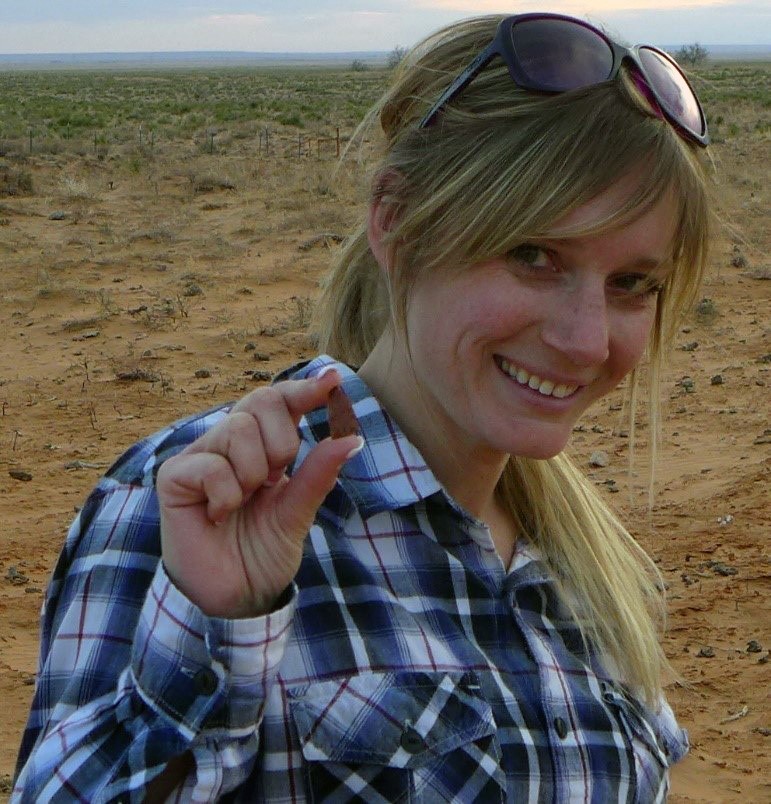 Laura Steele’s doctoral research explores changing foodways in Indigenous communities residing on the margins of the expanding Spanish empire in west-central Argentina. In an innovative archaeological study, Ms. Steele examines how local communities responded to indirect and direct processes of imperial expansion and how cuisine and identities changed from the pre-contact period (ca. AD 1450) solidification of political and administrative control over three centuries (from the pre-contact period, through the early 19th century, when an imperial outpost was established. As such, her work explores the broader reverberations of imperial expansion as a process rather than a moment. Ms. Steele’s fieldwork has been supported by a Fulbright Fellowship and internal UNM sources. She will be returning to Argentina this spring to complete her fieldwork.
Laura Steele’s doctoral research explores changing foodways in Indigenous communities residing on the margins of the expanding Spanish empire in west-central Argentina. In an innovative archaeological study, Ms. Steele examines how local communities responded to indirect and direct processes of imperial expansion and how cuisine and identities changed from the pre-contact period (ca. AD 1450) solidification of political and administrative control over three centuries (from the pre-contact period, through the early 19th century, when an imperial outpost was established. As such, her work explores the broader reverberations of imperial expansion as a process rather than a moment. Ms. Steele’s fieldwork has been supported by a Fulbright Fellowship and internal UNM sources. She will be returning to Argentina this spring to complete her fieldwork.
